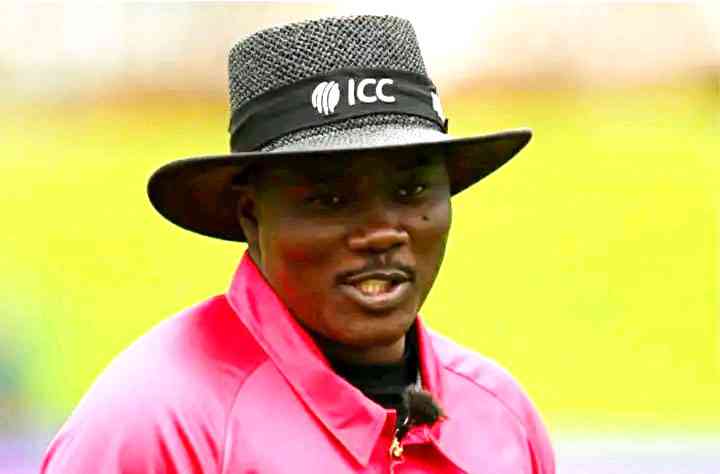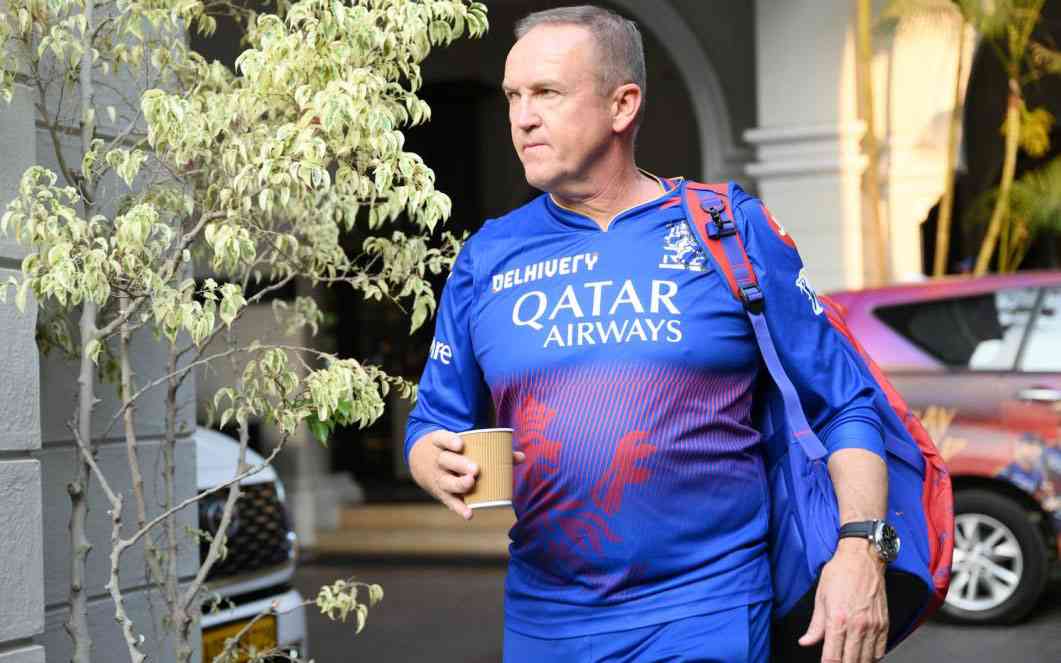
JOHAN Cruyff, who has been referenced in previous articles, was one of the key players in the Dutch national soccer team that revolutionised the game of soccer with the introduction of what became known as ‘Total Football’, which was a very simple philosophy that if one player moved out of position, others would cover for them. He personified the style of play with his own graceful, smooth, flowing, innovative style which he took into management. He continued to have the teams he coached play in a similar manner where he continued to have great success – and fun.
"In my teams, the goalie is the first attacker, and the striker the first defender." Such a perspective was never more evident than in the 1974 World Cup Final when the Dutch scored a goal within moments of the kick-off.
Two things were most notable about the goal — firstly, the Germans did not touch the ball before the goal was scored, as pass after pass literally passed them by. Secondly, Cruyff, as the central striker, received the ball as the player furthest back nearest to his own goal before running with the ball and being fouled in the penalty area, from which penalty he opened the scoring. The Germans had no answer to that. He made the game fun and exciting. Cruyff ruled!
Interestingly, as he wore the number 14 shirt, he developed fourteen basic rules (or values) that he believed all coaches and players should follow and these should be at the centre of all coaching in school sport, as they touch every part of education in that they relate to the child as a person more than as a player. Indeed, many of them can be found in the illustration above.
His first value was ‘Team player’ which he explained by saying 'To accomplish things, you have to do them together.' As we have considered previously, “Good teams produce good players”. They trusted each other and worked for each other.
That is such a vital lesson for life for children to learn early in their lives. That value linked with another value, that of ‘Integration’ which Cruyff defined as 'Involve others in your activities.'
Too often coaches leave players sitting on the sidelines while others play, or leave weaker players on the bench in their bid to ensure they win, instead of ensuring they develop all players. Furthermore, all pupils need to be fully integrated into the values required.
Those two values correlate with two others. Firstly, ‘Play together’ with its emphasis on ‘play’ (which will reinforce the sense of fun required) and ‘together’, not individually. He emphasised how this is 'An essential part of any game.' It underlines the reason why we focus on team sports at school, so that youngsters learn the importance and significance of collaboration.
- You educate a person
- School of sport: Cruyff rules OK
Keep Reading
Secondly, another of his values was entitled ‘Coaching’ where he explained that players must learn to 'Always help each other within a team.' Indeed, the same could and should be inculcated in coaches helping each other, as they form a greater team – they must not be in isolation.
A further value that Cruyff upheld was ‘Responsibility’, an essential requirement for all players to understand – too often school coaches have taken responsibility away from the children.
To explain this value, he notes that people must learn to 'Take care of things as if they were your own.' Linked with that is the value of ‘Respect’. Then there is ‘Initiative’ ('Dare to try something new' without fear of failing), and ‘Learning’ where he encouraged players to 'Try to learn something new every day', a principal that should not just apply to sport.
He also offered up ‘Personality’ as being essential, explaining it as 'Be yourself', to which he added ‘Creativity’ ('Bring beauty to the sport'); after all, that will help youngsters to have fun in their sport.
Cruyff was not entirely a free-spirited maverick though. He recognised the important values of ‘Technique’ ('Know the basics') and of ‘Tactics’ ('Know what to do' and where they fit in to the bigger scheme and team).
Yet his most fundamental value centres on Social Involvement, as we have seen when he said a coach’s main responsibility is to educate the person, first and foremost. He spelt out this value by stating 'Interaction is crucial, both in sport and in life.'
This comes through in another of his Values, that of ‘Development’ where he argued that 'Sport strengthens body and soul.' It is not simply the youngster’s physical strength or ability that is of concern but also his very soul, his inner being, his whole person. Cruyff rules – OK? We should have no answer to that. Value it instead.










